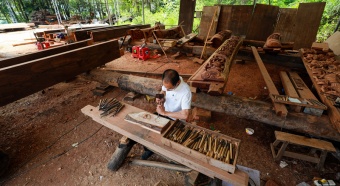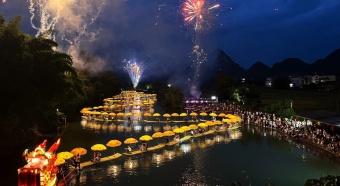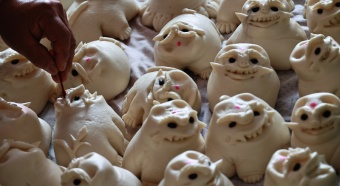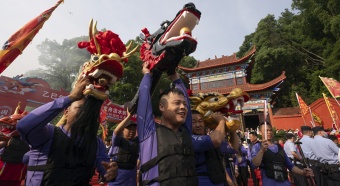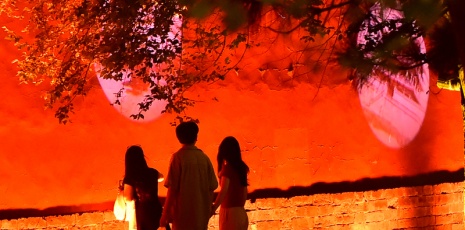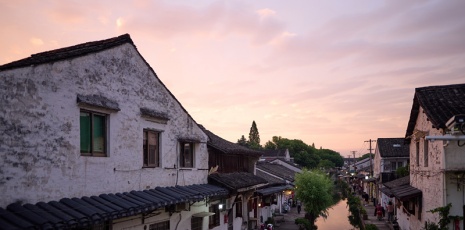People of Guizhou province remember the foreign doctors who came to China to save lives as the country defied Japan during World War II. Joseph Catanzaro and Zhao Kai report from Guiyang.

The memorial to wartime doctors, foreign and Chinese, in Guiyang, Guizhou province. Wang Yuxi / China Daily
They ran into the night as the bombs continued to fall, the rattle of machine gun fire drawing closer as they made for the last train and their last chance of escape.
The news was passed frantically down the line of fleeing men, women and children: Changsha, the capital of Hunan province, had fallen.
It was 1944, and the Japanese army had arrived in central China.
Zuo Ji will never forget that night of terror. She was 13 years old when her father bundled the family out of their home and into the darkness in a desperate quest to get to the railway station and freedom.
"My father refused to surrender," she said, "so we snuck out in the night. We hid in the train. The Japanese were already in the city. I remember how scared I was that they would catch us. We were squeezed in the train. There were no seats, so I sat on a barrel. They blew up the tracks behind us when we left so the Japanese couldn't pursue us."
Zuo became one of an estimated 100 million Chinese refugees who fled the advance of Imperial Japan during World War II. Her family found refuge more than 800 kilometers away in Guiyang, the capital of Guizhou province. The city would eventually become her home.
Sitting at a mahjong table with friends in the city's downtown, the 85-year-old recalled the shock of her first days in Guiyang.
"There were so many wounded; hundreds and hundreds of them almost every day," she said.
It was not until later that she found out why so many of China's sick and battle-scarred passed through the city on unsteady legs or in the back of bouncing carts.
On a jungle-clad mountainside nearby, in a hospital made of bamboo and thatch, the Red Cross had set up shop.
In this place, 20 foreigners would have a hand in saving the lives of many thousands of Chinese soldiers and civilians, service and sacrifice that local Chinese such as Zuo continue to solemnly honor 70 years later.
The International Medical Team for Aid to China began to arrive in Guiyang in 1939 at the urging of Lin Kesheng, a British-educated Chinese doctor and pioneer of the Red Cross Society of China.
Arriving from all over Europe, many of the medics came from Allied countries such as Britain and Russia; some came from occupied countries such as Poland; many were Germans and Austrians who had fled Nazi rule.

